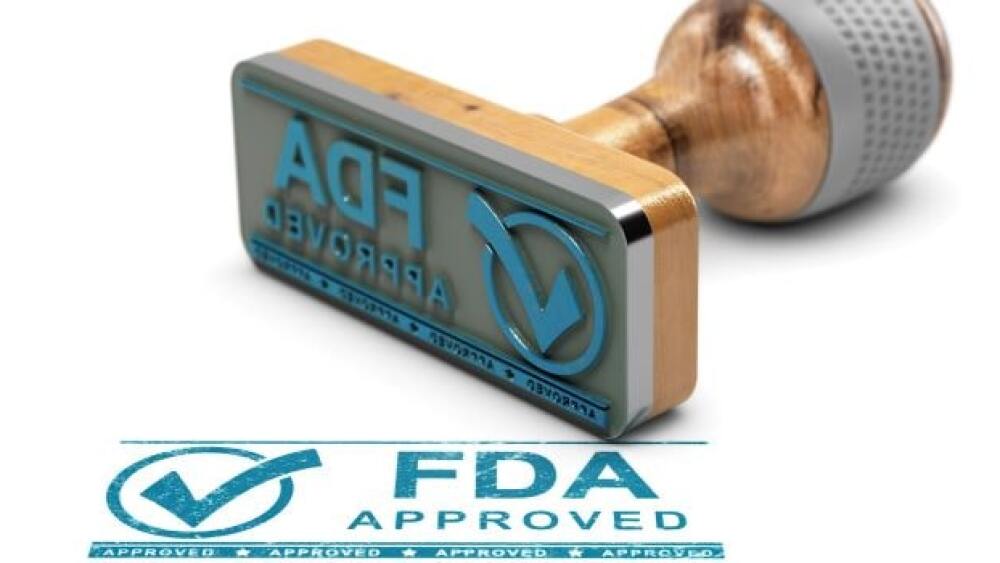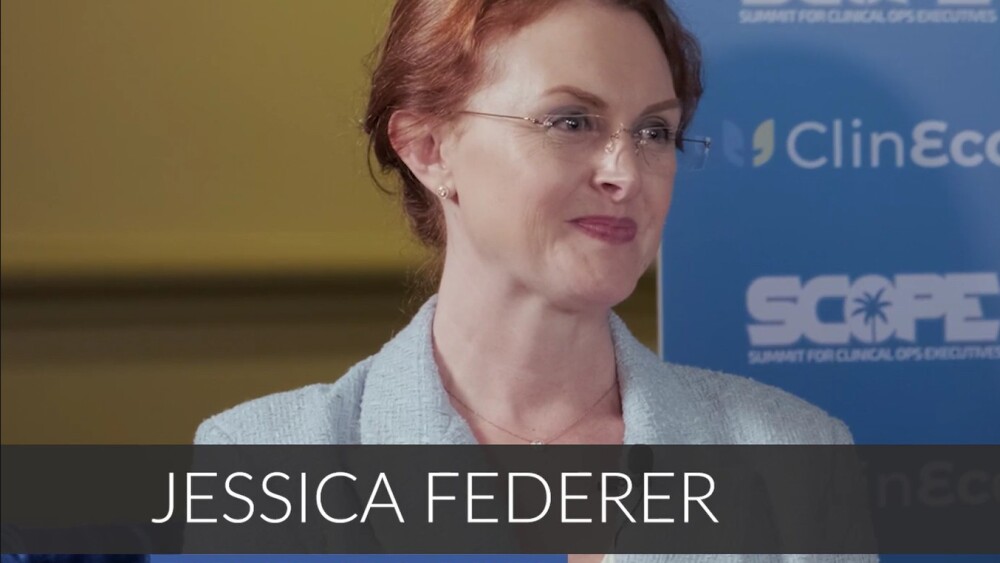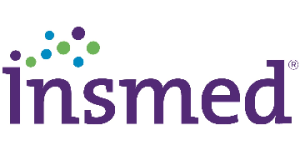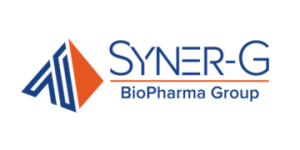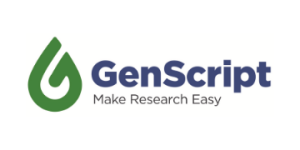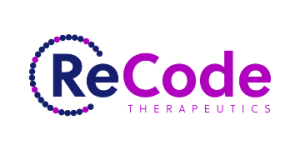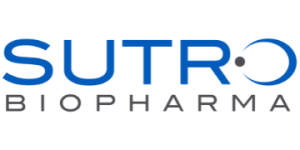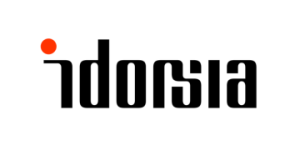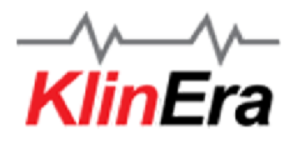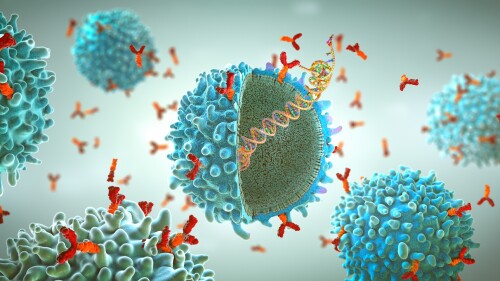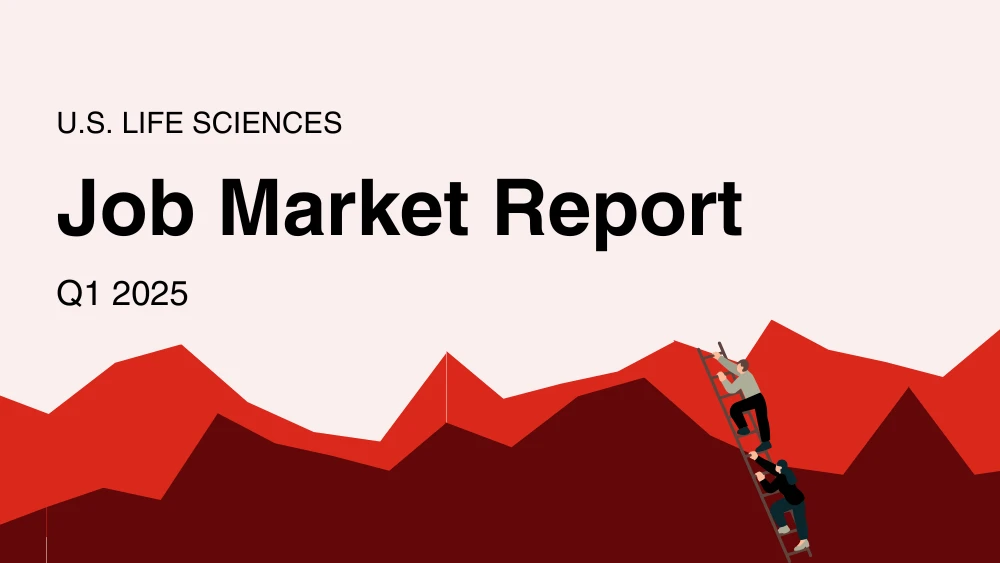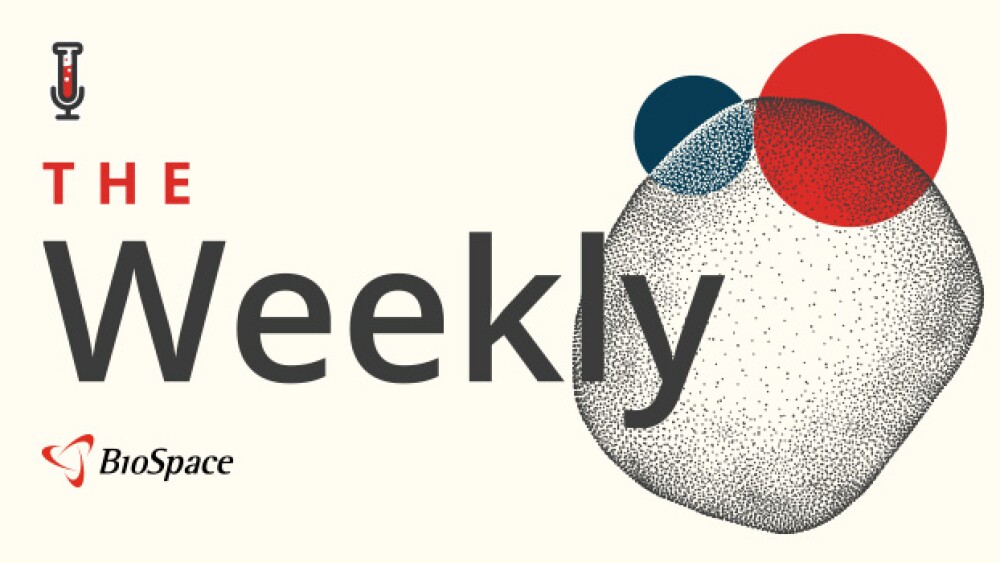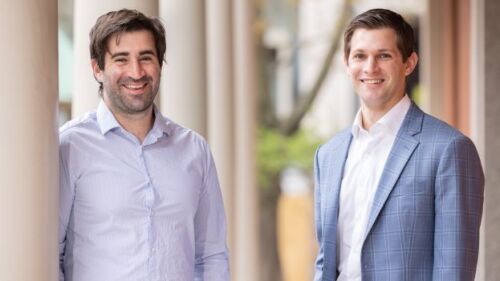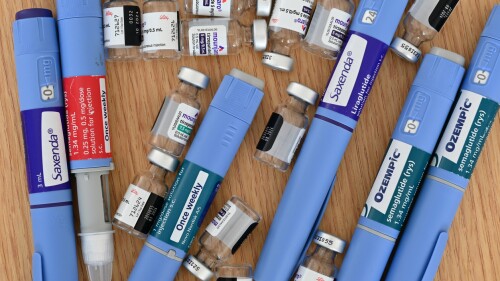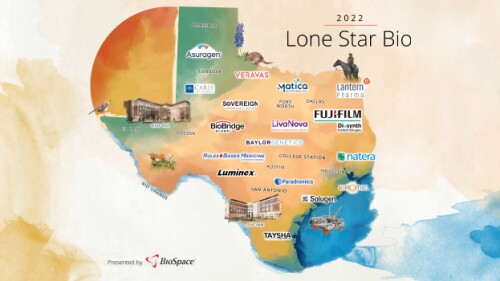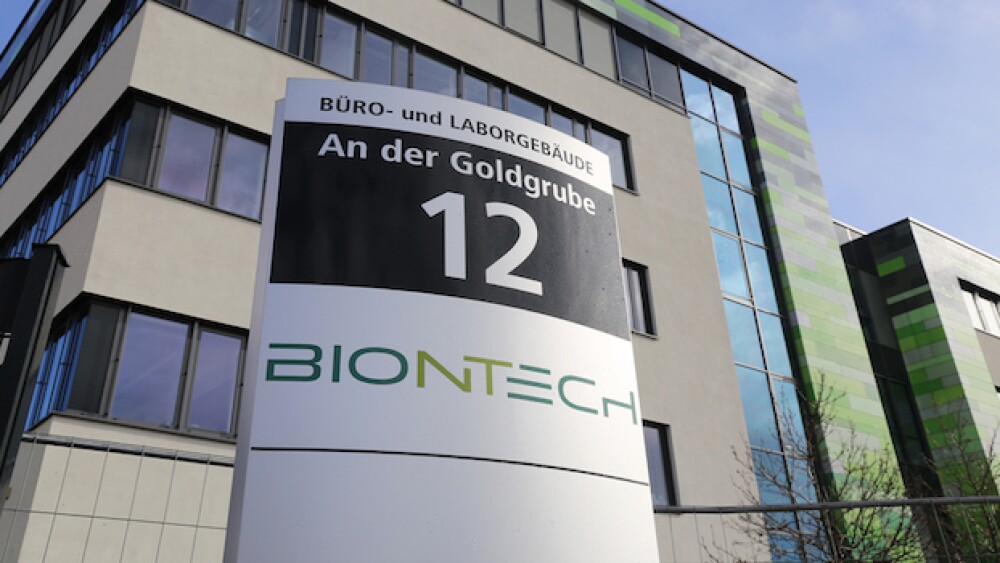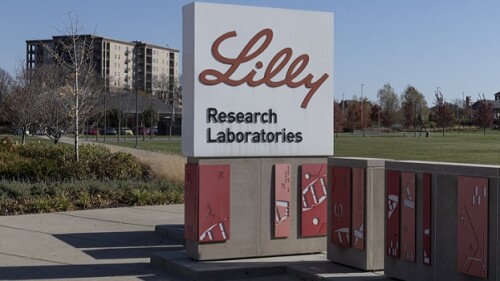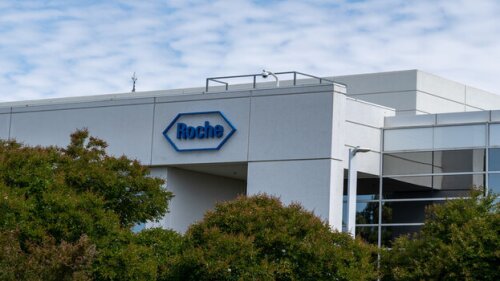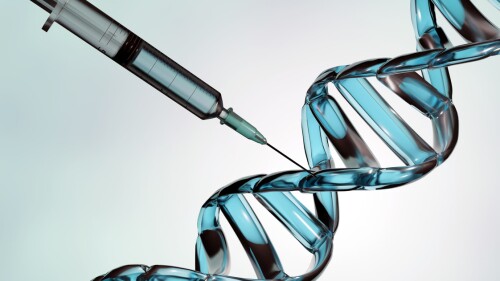Where thousands of former Health and Human Services employees will work next is unknown, but biopharma companies likely aren’t the main destination. Two biopharma executives discuss potential landing spots.
Roche’s exposure to the tariffs is mostly limited to four medicines, three of which it already produces in the U.S., according to CEO Thomas Schinecker, who declined to reveal what these assets are.
In this discussion, our guests explore how recent regulatory changes are shaping the future of AI in drug development in the US market. Watch now.
The deal is a blast from the not-too-distant past, when special purpose acquisition companies were an easy way for companies to list on the public market with a bundle of cash to operate on.
Roche’s Genentech is betting on the Flagship Pioneering–founded company’s discovery platform called DECODE to find new targets for an undisclosed autoimmune disorder.
The so-called ‘Most Favored Nations’ rule would set drug pricing for Medicare in line with the prices paid by other nations, where drugs can be much cheaper.
FEATURED STORIES
ITF, IntraBio and Orchard are among the companies that have won FDA nods in the past year for Duchenne muscular dystrophy, Niemann-Pick disease type C, metachromatic leukodystrophy and more.
As it did during the COVID-19 pandemic, mRNA technology offers an efficient way forward in developing products for diseases that lack approved treatments.
As communication gaps in the US healthcare market widen, the emphasis on the need for credible information and patient empowerment is paramount.
FROM BIOSPACE INSIGHTS
In a year when eradicated diseases are on the uptick in America, how will American children survive RFK Jr.’s vaccine scrutiny and inconsistency? Two experts call on pharma and regulatory bodies to rebuild trust.
LATEST PODCASTS
This week, an FDA adcomm unanimously voted for the approval of Eli Lilly’s anti-amyloid antibody as thousands of layoffs continue to rattle the industry.
How do we ensure strategic vision and thoughtful implementation when pursuing new opportunities in science and technology? Our guests discuss challenges around reimbursement, intellectual property, change management and the critical nature of early engagement.
The biggest conferences of the year dominated news this week: the American Society of Clinical Oncology annual meeting and the BIO International Convention.
Job Trends
Detailed positive results from the DESTINY-Breast06 Phase III trial showed that ENHERTU® demonstrated a statistically significant and clinically meaningful improvement in progression-free survival compared to standard-of-care chemotherapy in patients with HR-positive, HER2-low metastatic breast cancer and the overall trial population following one or more lines of endocrine therapy.
Subscribe to Genepool
Subscribe to BioSpace’s flagship publication including top headlines, special editions and life sciences’ most important breaking news
SPECIAL EDITIONS
A new generation of checkpoint inhibitors is emerging, with some showing more promise than others. From recent TIGIT failures to high-potential targets like VEGF, BioSpace explores what’s on the horizon in immuno-oncology.
Peter Marks, the venerable head of the FDA’s Center for Biologics Evaluation and Research, has been forced out. In this special edition of BioPharm Executive, BioSpace takes a deep dive into the instability of the HHS.
Year-over-year BioSpace data show biopharma professionals faced increased competition for fewer employment opportunities during the first quarter of 2025.
DEALS
-
Eli Lilly becomes the latest to make a major investment in immunology and inflammation, while antibody-drug conjugate biopharma Myricx Bio nets a large Series A round and new research highlights the potential and possible risks of GLP-1s.
-
After pulling its ALS drug Relyvrio from the market, Amylyx Pharmaceuticals is looking to target the GLP-1 space with the purchase of Eiger BioPharmaceuticals’ avexitide, which has been studied for the treatment of hyperinsulinemic hypoglycemia.
-
The blood plasma pharma is considering a buyout offer from the founding family and asset manager Brookfield, which would delist the company from the Spanish and Nasdaq markets.
-
Eli Lilly on Monday announced a $3.2 billion all-cash deal to purchase Morphic and its pipeline of oral integrin therapies in a move to expand the pharma’s presence in the autoimmune diseases space.
-
GSK on Wednesday restructured its contract with CureVac to gain access to the biotech’s influenza and COVID-19 programs for $430 million upfront and up to $1.13 billion in future payments.
WEIGHT LOSS
-
Cell and gene therapy investment rebounds; WuXi Biologics and other companies named in BIOSECURE Act mull options; Bayer, J&J and Pfizer’s recent layoffs; updates from the weight loss space.
-
Eli Lilly CEO David Ricks is confident his company and peer Novo Nordisk are years ahead in the weight loss space, as biotechs press on with compelling data.
-
Alongside the settlement, Novo and Viatris have asked the U.S. Patent and Trademark Office to terminate its review of the validity of the Danish drugmaker’s semaglutide patents.
-
After psychological side effects doomed the first generation of cannabinoid receptor 1–targeting drugs for weight loss, Novo Nordisk, Corbus Pharmaceuticals and Skye Bioscience are betting that a new mechanism of action will improve the safety profile.
-
Scaling GLP-1 manufacturing capacity remains a key priority for the pharma industry, to help supply catch up with the insatiable demand for weight loss drugs.
POLICY
-
A week after dining with Trump and his team at Mar-a-Lago, leaders at Pfizer and Eli Lilly have publicly stated that they intend to collaborate with the incoming administration on key issues affecting the pharma industry.
-
Former president and CEO of CytoDyn Nader Pourhassan along with Kazem Kazempour, former CEO of the CRO running CytoDyn’s trials, are awaiting sentencing but could face up to 20 years in prison for each count of securities and wire fraud and insider trading.
-
The EPIC Act has been proposed with bipartisan and industry support to give small molecule drugs the same protection against price negotiation as biologics, but concerns over how to balance the federal budget could prevent a short-term fix to the IRA.
-
In the U.S., the chorus of opposition against the proposed buyout continues to grow and now includes the CEOs of Roche and Lilly, a broad coalition of unions and consumer groups and at least one senator.
-
Iskra Reic will continue to serve as the pharma’s senior vice president for Vaccines and Immune Therapies as she steps in for Leon Wang, who was detained by Chinese authorities in November.
The life science field offers a wealth of opportunities, even for those working outside of the field. Here are six life science jobs that don’t require industry experience.
With so many differences in research and regulation, it’s more important now than ever for job seekers considering moving outside of the U.S. to educate themselves before they make the leap.
To help you in your job search, here are just a few of the remote job options in the life science industry, along with the qualifications and skills necessary to be successful in each role.
When vetting the qualities of potential candidates at a career fair, listen to and take interest in the unique lived experiences of each job seeker you meet, as well as their skills and qualifications.
Job descriptions are the candidate’s first impression of a company. And if that introduction includes exclusionary language, they’re less likely to apply even if they are the perfect fit for the job.
Known as the Lone Star Bio Hotbed, Texas is home to multiple major players in the biopharma and biotech space and is currently a fast-growing hub for the life science industry.
HOTBEDS
REPORTS
In this Employment Outlook report, BioSpace explores current workforce sentiment, job activity trends and the prospective job and hiring outlook for 2025, particularly as it compares to the previous year.
BioSpace’s third report on diversity, equity, inclusion and belonging in life sciences examines dramatic shifts in attitude around diversity initiatives.
CANCER
-
BNT327, now in early-phase trials, is part of a class of drugs that could one day challenge Keytruda’s dominance. BioNTech obtained the candidate when it bought Biotheus last month in an acquisition deal that could reach up to $950 million.
-
GSK, Gilead and Arcellx, Vertex and more present new data at the American Society of Hematology annual meeting just as sickle cell therapies Casgevy and Lyfgenia have a new outcomes-based payment model; Eli Lilly and Novo Nordisk pump new funds into manufacturing; and AbbVie makes a Cerevel comeback while uniQure clears a path toward accelerated approval in Huntington’s disease.
-
The overall survival edge over J&J’s Darzalex will help GSK strengthen its case as it plots the market comeback of Blenrep, which was pulled after a failed confirmatory study.
-
Anito-cel has shown no signs of delayed neurotoxicity at around 9 months of follow-up, hinting at a safety profile that could set it apart from J&J and Legend’s Carvykti.
-
According to Jake Van Naarden, president of Lilly Oncology, the excess deaths could be due to the high rate of crossover in BRUIN CLL-321.
NEUROSCIENCE
-
Approved by the FDA in July to treat adults with early symptomatic Alzheimer’s disease, Eli Lilly’s Kisunla reduced the brain swelling of patients in a late-stage trial following an adjusted dosing regimen.
-
The acquisition of Aliada Therapeutics gives AbbVie access to a Phase I anti-amyloid antibody as well as the biotech’s novel platform engineered for efficient blood-brain barrier transport.
-
Researchers have linked Novo Nordisk’s semaglutide to a 40% to 70% reduction in the risk of Alzheimer’s disease diagnosis in a study of medical records from 1 million patients.
-
With an upfront payment of $50 million from Roche, the partnership will leverage Dyno Therapeutics’ in vivo gene therapy delivery technology, which synthesizes virus capsids with better functionality and manufacturability.
-
Jefferies analyst Peter Welford noted that Roche’s pharma group came just slightly ahead of consensus expectations, driven by strong performance of its multiple sclerosis therapy Ocrevus and eye injection Vabysmo.
CELL AND GENE THERAPY
-
With the help of third-party investors, the new venture will focus on three genetic and rare diseases: tuberous sclerosis complex, erythropoietic protoporphyria and alpha-A1 antitrypsin deficiency.
-
The recent invalidation of an AAV gene therapy patent overlooks the complexity of innovation in biotechnology and could put a broad swath of intellectual property at risk.
-
Regeneron, Akouos and Mass Eye and Ear are testing therapies that can reverse genetic protein deficiency to restore hearing, with promising early results.
-
Likely to miss its initiation target, bluebird bio has renegotiated the loan deals of its agreement with Hercules Capital, giving it until June 30 next year—at the latest.
-
Eli Lilly’s new research and development facility in Boston’s Seaport district will focus on DNA- and RNA-based therapies, as well as other priority areas such as diabetes and obesity.










